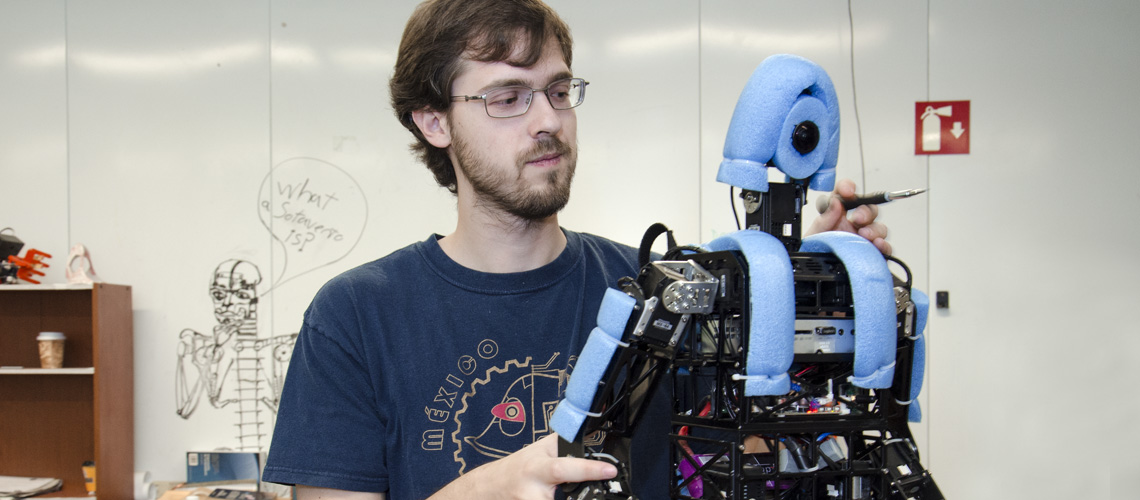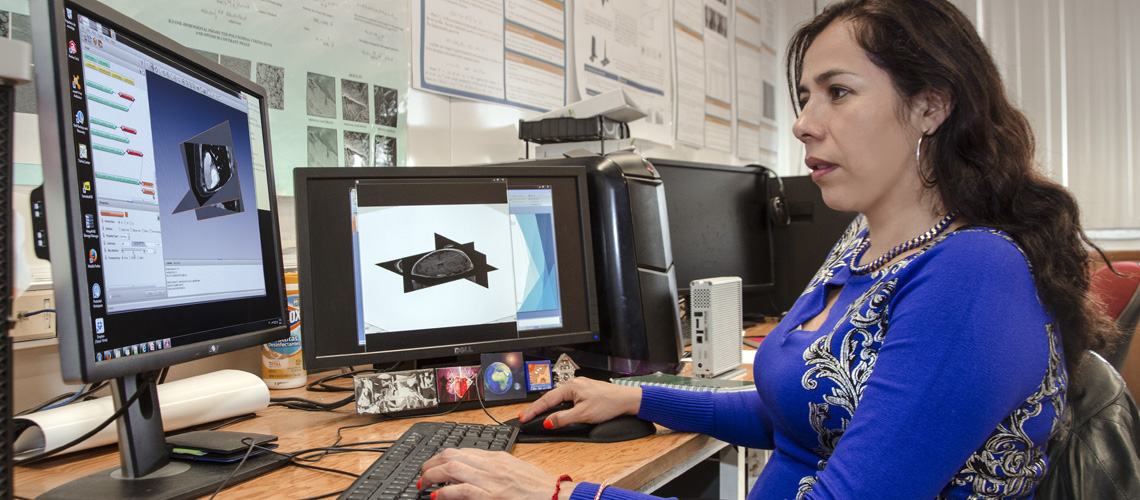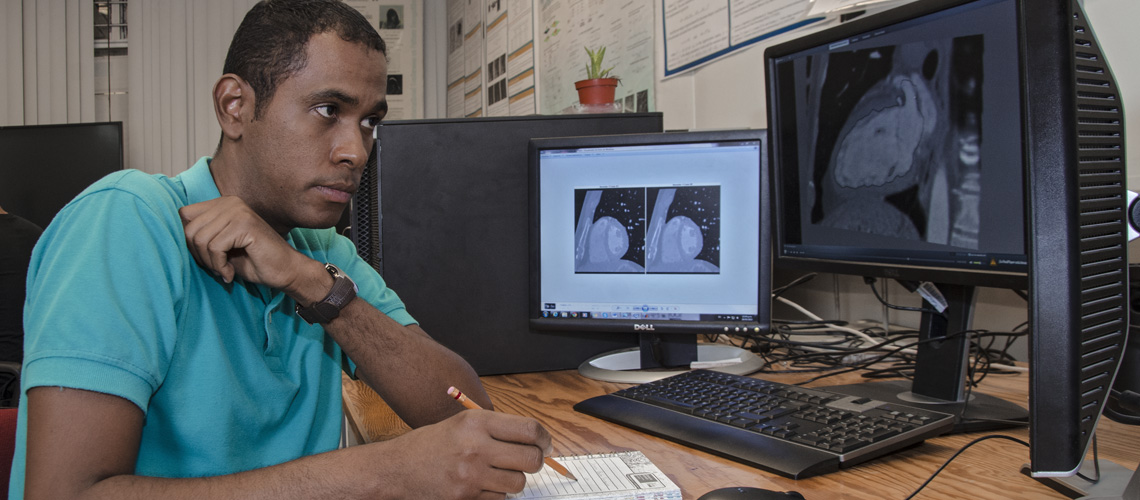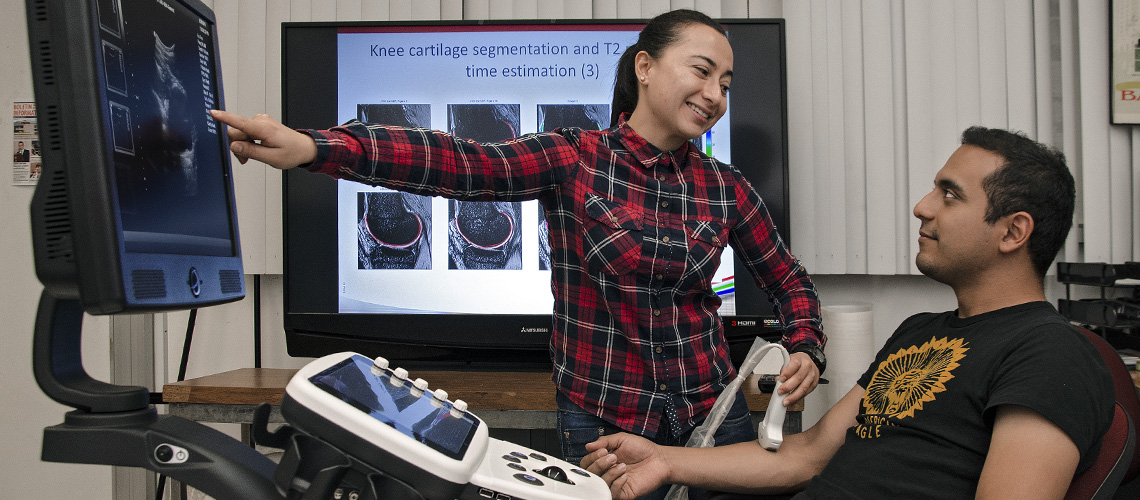The career of Computer Engineer aims to train professionals capable of planning, designing, organizing, producing, operating, and providing technical support to, electronic systems for data processing, programming systems - basic and for application equipment; as well as perform the digital control of automatic processes.
The student interested in joining the studies in Computer Engineering in the Faculty of Engineering at UNAM must be graduated from the National Preparatory School, College of Sciences and Humanities or other programs of preparatory high education. It is desirable that you have studied the area of Physical-Mathematical Sciences or the set of subjects related to these fields of knowledge in the College of Sciences and Humanities, or in other curricula of preparatory education. In all cases, the desirable profile includes the following knowledge, skills and attitudes.
Requires knowledge of mathematics in algebra, analytical geometry and differential and integral calculus of functions of one variable; must also have knowledge of physics, particularly related to topics on classical mechanics, as well as general knowledge of chemistry and computing. It is also desirable that you have knowledge of English, at least at the level of understanding of texts. Regarding skills, it is important that you have a willingness to work as a team member, the ability to analyze and synthetize, and adapt to new situations, and that you have a creative spirit.
The graduates of the Faculty of Engineering must possess: capacities for innovation, potential to contribute to the creation of technologies and entrepreneurial attitude, with social sensitivity and professional ethics; and with potential and vocation to become a factor of change.
Specific ProfileThe graduate of Computer Engineering will have solid scientific bases and technological foundations that allow him to understand, analyze, design, organize, produce, operate and give practical solutions to problems related to the areas of Computer Systems Organization, Software Engineering and Technologies Information. In addition, based on the chosen field of study, you will have knowledge in some technological areas, such as digital data processing and process control, basic and application programming systems, development and research in computer science, communication and security, computing and data networks, database systems, intelligent systems, and computer graphics systems, among others.
The graduate will have a comprehensive vision of the areas of computing, which will give him a wide panorama to enter the labor field, develop a company of his own or be incorporated into research and development activities in a successful way.
Computer engineers have clear ideas about mathematical modeling of physical phenomena and optimization; will be open to both continuous learning and interdisciplinarity, and must have solid knowledge of their language, with oral and written communication skills.
The computer engineer is a professional of high scientific and technological level, with solid general knowledge that can work in one of the following areas of professional development:
• Organization of computer systems
• Software engineering
• Information and communication technologies (ICT)
That allow you to:
• Respond to the needs presented in the field of Computer Engineering and understand the social context in which the engineers work.
• Understand the importance of the relationship between theory and practice.
• Select the design approach appropriate for the given situation.
• Recognize the importance of tools, being able to respond to the challenges of their construction and use them properly and effectively.
• Implement an adequate selection of tools and techniques to solve computer engineering problems with a systematic approach.
• Know the wide range of applications for your professional development.
• Respect intellectual property.
• Assess the importance of teamwork and the advantages that can be derived from it.
• Understand the importance of professional, ethical and legal aspects.
• Identify prospects and business opportunities and use them with innovation and creativity.
The computer engineer works in both the public and private sectors, where there are computers or automatic control devices. He also works in state, decentralized institutions and practically in all state agencies; in addition to institutions dedicated to teaching and research. You can perform as an independent professional, either individually through personal consulting or development, or by setting up your own consulting firm.











